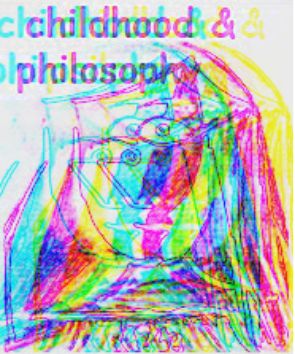Kizel, Arie (2024). Enabling students’ voices and identities: philosophical inquiry in a time of discord. Rowman & Littlefield.
DOI:
https://doi.org/10.12957/childphilo.2024.86718Resumo
A resenha apresenta e analisa o livro de Arie Kizel, Enabling students’ voices and identities: philosophical inquiry in a time of discord.
Downloads
Referências
Freire, Paulo (1970). Pedagogy of the Oppressed. Herder & Herder.
Gregory, Maughn Rollins (2008). Philosophy in Schools: Ideals, Challenges and Opportunities. Critical and Creative Thinking: The Australian Journal of
Philosophy in Education, 16(1), 5–22.
Kizel, Arie (2016). Pedagogy out of Fear of Philosophy as a Way of Pathologizing Children. Journal of Unschooling and Alternative Learning, 10(20), 28–47.
Kizel, Arie (Ed.) (2022). Editor Introduction. In Philosophy with Children and Teacher Education: Global Perspectives on Critical, Creative and Caring Thinking. Routledge.
Manji, Irshad (2019). Don’t Label Me: How to do Diversity Without Inflaming the Culture Wars. St. Martin’s Griffin.
Michaud, Olivier (2020). What Kind of Citizen is Philosophy for Children Educating? What Kind of Citizen Should it be Educating? Philosophical Inquiry in Education, 27(1), 31–45.




